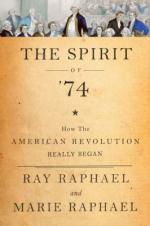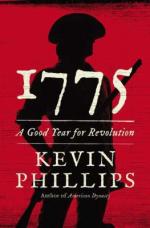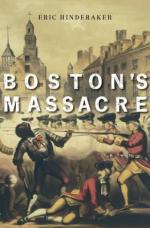July 2, 2020 | SuzyQ
On the night of March 5, 1770, British soldiers fired into a crowd gathered in front of Boston's Custom House, killing five people. Denounced as an act of unprovoked violence and villainy, the event that came to be known as the Boston Massacre is one of the most familiar incidents in American history, yet one of the least understood. Eric Hinderaker revisits this dramatic episode, examining in forensic detail the facts of that fateful night, the competing narratives that molded public perceptions at the time, and the long campaign afterward to transform the tragedy into a touchstone of American identity.
The remarkable untold story of how the American Revolution's success depended on substantial military and financial assistance provided by France and Spain, and places the Revolution in the context of the global strategic interests of those nations in their fight against Great Britain.
Thomas Jefferson, Thomas Paine, and James Monroe were in the vanguard of revolutionary ideas in the 18th century. As founding fathers, they risked their lives for American independence, but they also wanted more. Each wished for profound changes in the political and social fabric of pre-1776 America and hoped that the American Revolution would spark republican and egalitarian revolutions throughout Europe, sweeping away the old monarchical order. Ultimately, each rejoiced at the opportunity to be a part of the French Revolution, a cause that became untenable as idealism gave way to the bloody Terror.
A major intellectual history of the American Revolution and its influence on later revolutions in Europe and the Americas, the Expanding Blaze is a sweeping history of how the American Revolution inspired revolutions throughout Europe and the Atlantic world in the eighteenth and nineteenth centuries. The author shows how the radical ideas of American founders such as Paine, Jefferson, Franklin, Madison, and Monroe set the pattern for democratic revolutions, movements, and constitutions in France, Britain, Ireland, the Netherlands, Belgium, Poland, Greece, Canada, Haiti, Brazil, and Spanish America.




















